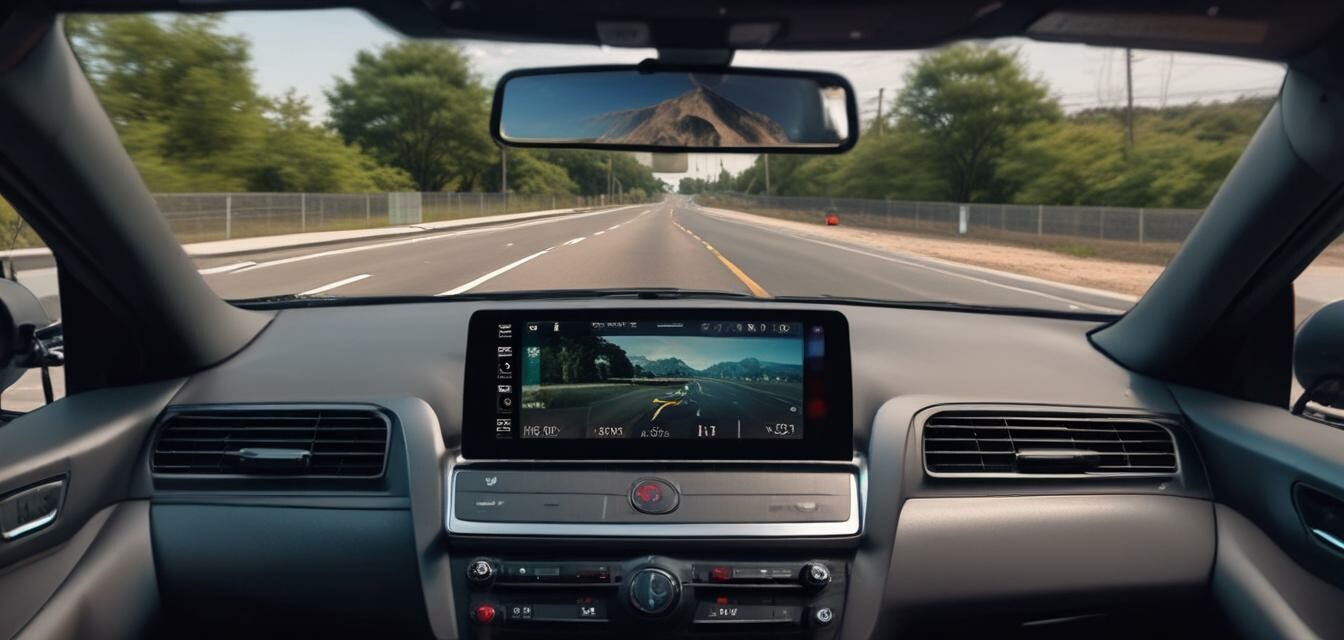
The role of dashcams in reducing hit-and-run incidents
Key Takeaways
- Dashcams serve as a visual record of incidents that occur on the road.
- They can deter potential hit-and-run drivers due to fear of being recorded.
- Dashcam footage assists law enforcement in investigating accidents.
- Many models offer advanced features like GPS tracking and real-time monitoring.
- Using dashcams can lead to lower insurance premiums due to enhanced safety measures.
As road safety becomes an increasing concern for drivers, the role of dashboard cameras, or dashcams, has gained significant attention. These compact devices act as a continuous eye on the road, providing drivers with not just peace of mind, but also serving as crucial evidence in the unfortunate event of a road incident. This article explores how dashcams are reducing hit-and-run incidents and assisting in investigations.
What are hit-and-run incidents?
Before diving into the impact of dashcams, it’s essential to understand what hit-and-run incidents entail. Simply put, a hit-and-run is when a driver involved in an accident leaves the scene without providing the necessary information or help to the affected party. These incidents can lead to serious consequences, and unfortunately, they are becoming increasingly common.
How dashcams act as a deterrent
Dashcams play a significant role in deterring drivers from committing hit-and-run offenses. Here’s how:
- Visible presence: The mere presence of a dashcam can make potential offenders think twice before driving away from a scene.
- Crucial evidence: In incidents where there is damage to vehicles or injuries involved, dashcam footage can clarify the situation and identify responsible parties.
- Peace of mind: Drivers feel more secure knowing that their trips are being recorded, which encourages adherence to safe driving practices.
Statistics on hit-and-run incidents
| Year | Estimated incidents | Percentage increase |
|---|---|---|
| 2016 | 2.4 million | - |
| 2017 | 2.6 million | 8.3% |
| 2018 | 2.7 million | 3.8% |
| 2019 | 2.9 million | 7.4% |
| 2020 | 3.1 million | 6.9% |
How dashcams assist in investigations
Beyond deterrence, dashcams contribute to investigations of hit-and-run cases in several valuable ways:
- Real-time data: Dashcams equipped with GPS technology can provide exact locations and speed data during an incident.
- High-quality footage: With advancements in camera technology, many dashcams capture clear footage day and night, making it easier to identify vehicles and drivers.
- Quick retrieval: With the capability of cloud storage, footage can often be retrieved quickly for law enforcement to use in investigations.
Advanced features of modern dashcams
| Feature | Benefit |
|---|---|
| Full HD or 4K resolution | Superior image clarity to capture vehicle details. |
| Night vision capabilities | Record clear footage in low-light conditions. |
| Loop recording | No need to manually overwrite footage, essential for capturing incidents. |
| Wi-Fi connectivity | Easy sharing of footage to smartphones or cloud storage. |
| Emergency recording modes | Automatically saves footage upon detecting an impact. |
The financial aspect of dashcams
Investing in a dashcam can lead to financial benefits well beyond the initial cost:
- Insurance premium reduction: Many insurance companies offer discounts for drivers who have dashcams installed.
- Protecting against fraudulent claims: Dashcam footage can protect against false claims, potentially saving money in legal fees and higher insurance rates.
- Reducing repair costs: Providing clear evidence can streamline the claims process, minimizing out-of-pocket expenses for repairs.
Conclusion
Dashcams have become indispensable tools for modern drivers, offering both practical advantages and peace of mind. Their ability to deter hit-and-run incidents and provide substantial evidence for investigations can make a significant difference on the road. As technology continues to evolve, the role of dashcams will likely expand, enhancing road safety and protection for all drivers.
Tips for choosing the right dashcam
- Look for quality video resolution to ensure clarity.
- Consider your driving habits and choose features that align with your needs.
- Read reviews and comparisons to see which models are highly rated.
- Check for warranty and customer support options.
- Stay informed about the latest trends in dashcam technology to make an educated decision.
Pros
- Provides crucial evidence in case of accidents
- Acts as a deterrent for hit-and-run incidents
- Can lower insurance premiums
- Offers peace of mind while driving
Cons
- May require an upfront investment
- Regular maintenance may be needed
- Potential for tech issues or malfunctions
